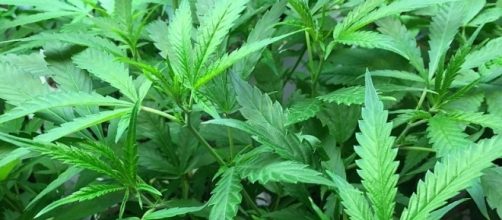Marijuana is legal in the state of California, but its illegal farming is increasing. Unless the growers are licensed, it becomes difficult for law enforcement agencies to keep tabs on them regarding the supervision of production, testing, and distribution of hemp. At present, there are roughly 4,000 illegal growers in the region and these illegal marijuana farms are spread across thousands of acres of land. They generate toxic waste from fertilizers and pesticides that is destroying the ecosystems along the West Coast.
Recreational marijuana is adding billions to the state revenue, and its farming is a lucrative venture.
Therefore, a suitable mechanism must be available to check illegal activities and ensure that there is no loss in revenue.
Magnitude of the problem
Daily Mail UK reports that the state of California accounts for most of the illegal marijuana farming in the United States and is creating toxic waste. The once dreaded product has risen in the ranks because it is a revenue earner – hence, it has got a legal status. However, those who produce it illegally are creating an environmental problem that can be attributed to the use of harmful fertilizers and pesticides. The Environmental Protection Agency has come across instances of use of dangerous, and unregistered pesticides.
According to an expert ecologist, the use of solid fertilizers and liquid pesticides have gone up steeply since 2013 and these chemicals have led to death and ill health of not only animals but also humans.
Legalizing recreational marijuana has spawned many businesses, and people have jumped on to the bandwagon to exploit the opportunities with scant regard to safety measures, in particular for the environment.
What is the solution?
Unregistered pesticides pollute the surroundings including the lands and waters and are major safety risks for all living beings but, the attraction of quick returns prompts the growers of California to start farming marijuana without waiting for registration. They have gone in for fertilizers and pesticides to produce more and, in the process, have created toxic wastes that are harmful to the environment.
The Environmental Protection Agency had announced in 2011 that it would ban some dangerous inorganic chemical compounds.
Those who grow marijuana illegally could face jail time. The taxpayers would have to foot the bill for sterilization of the toxic waste sites. This is because, over a period, the toxins get transferred from unsafe containers into the soil and water and lead to large scale contamination. The net result is a disturbance to the ecological balance and, places that have undergone the cleanup operation have reported that some percentage of chemicals remain on the site of the cleaning.
Bloomberg reports that, according to Legislative Analyst’s Office, it is estimated that sale of marijuana in California could generate state and local tax revenue of more than $1 billion annually by the mid-2020s.


